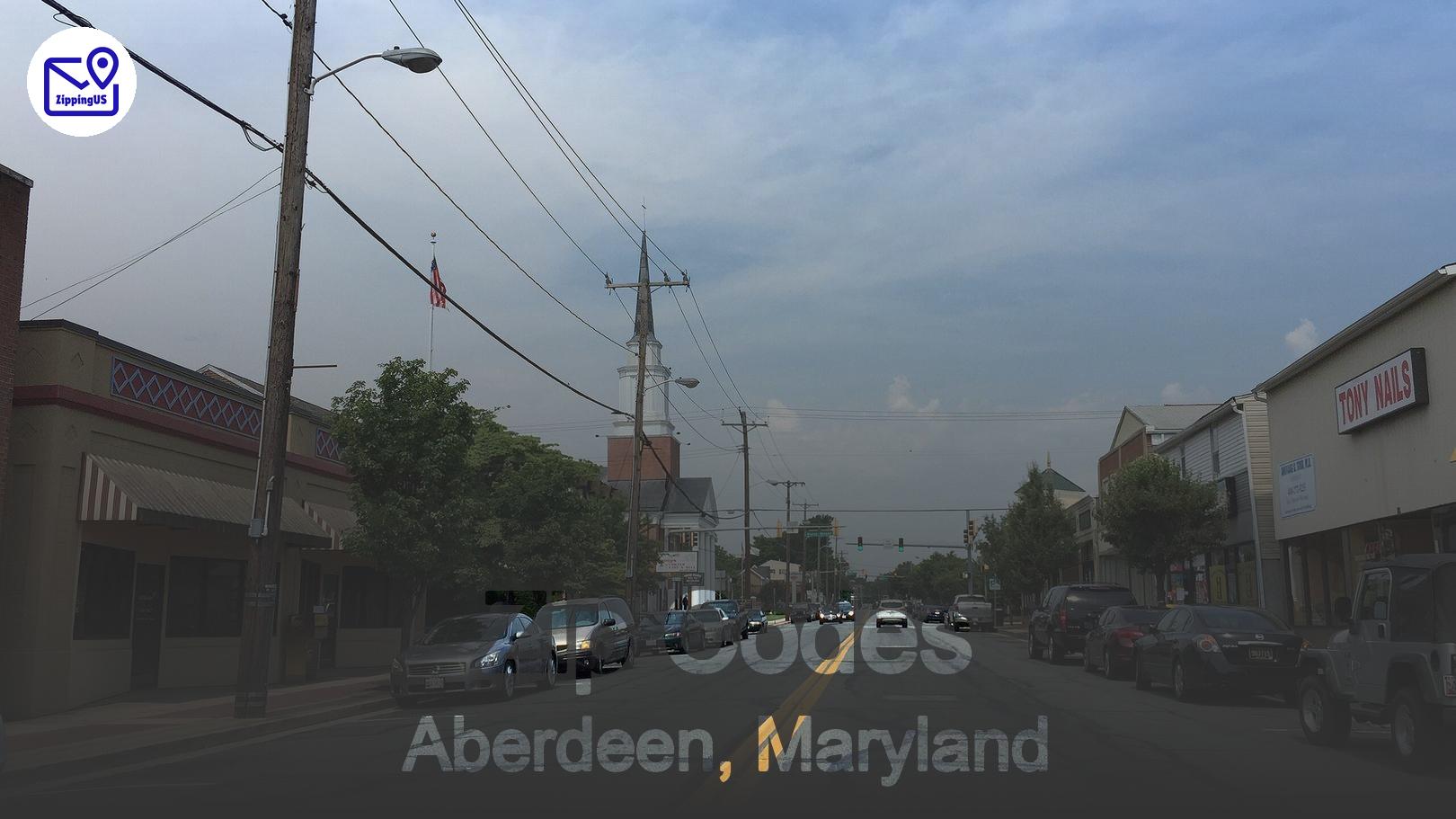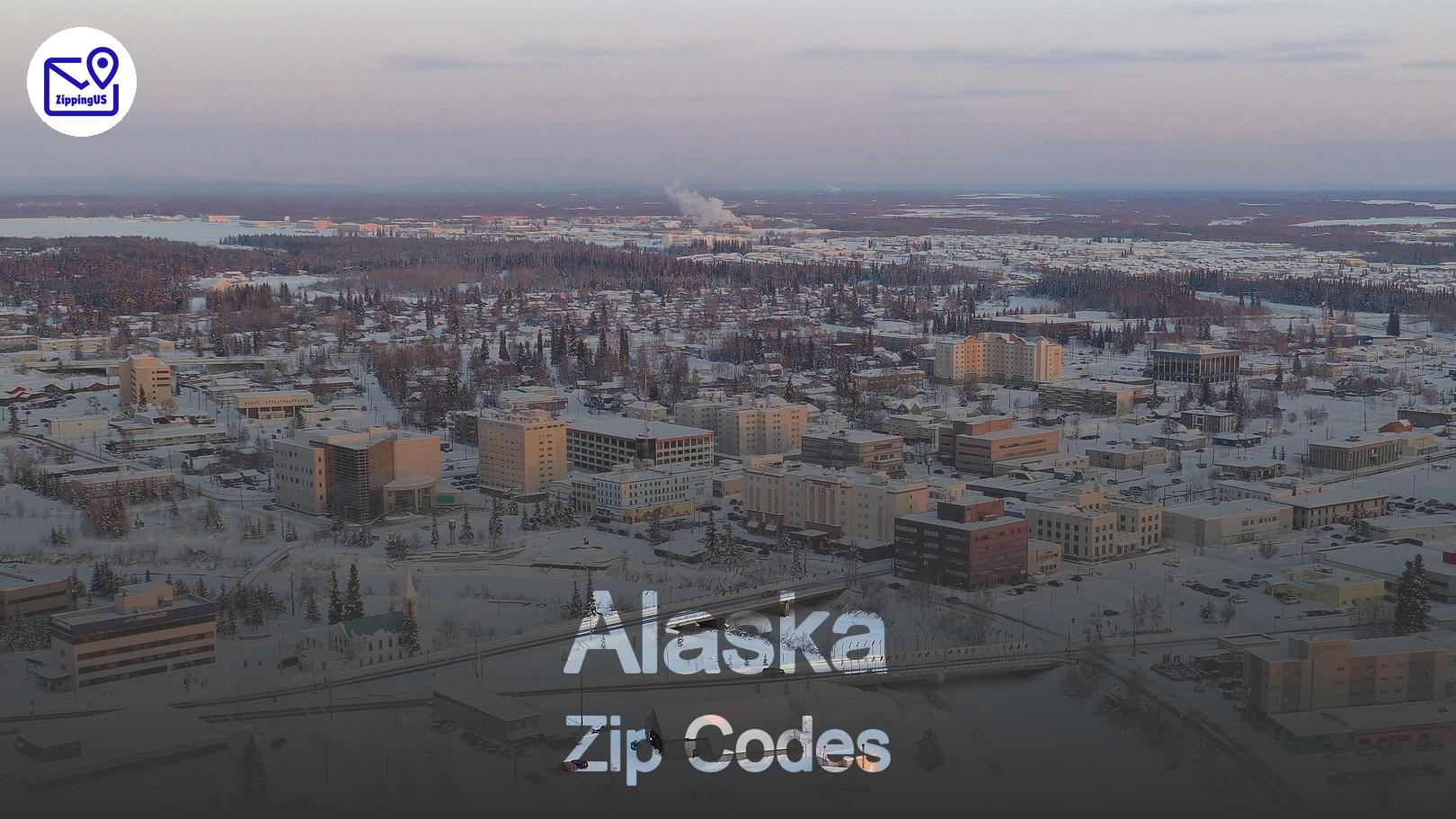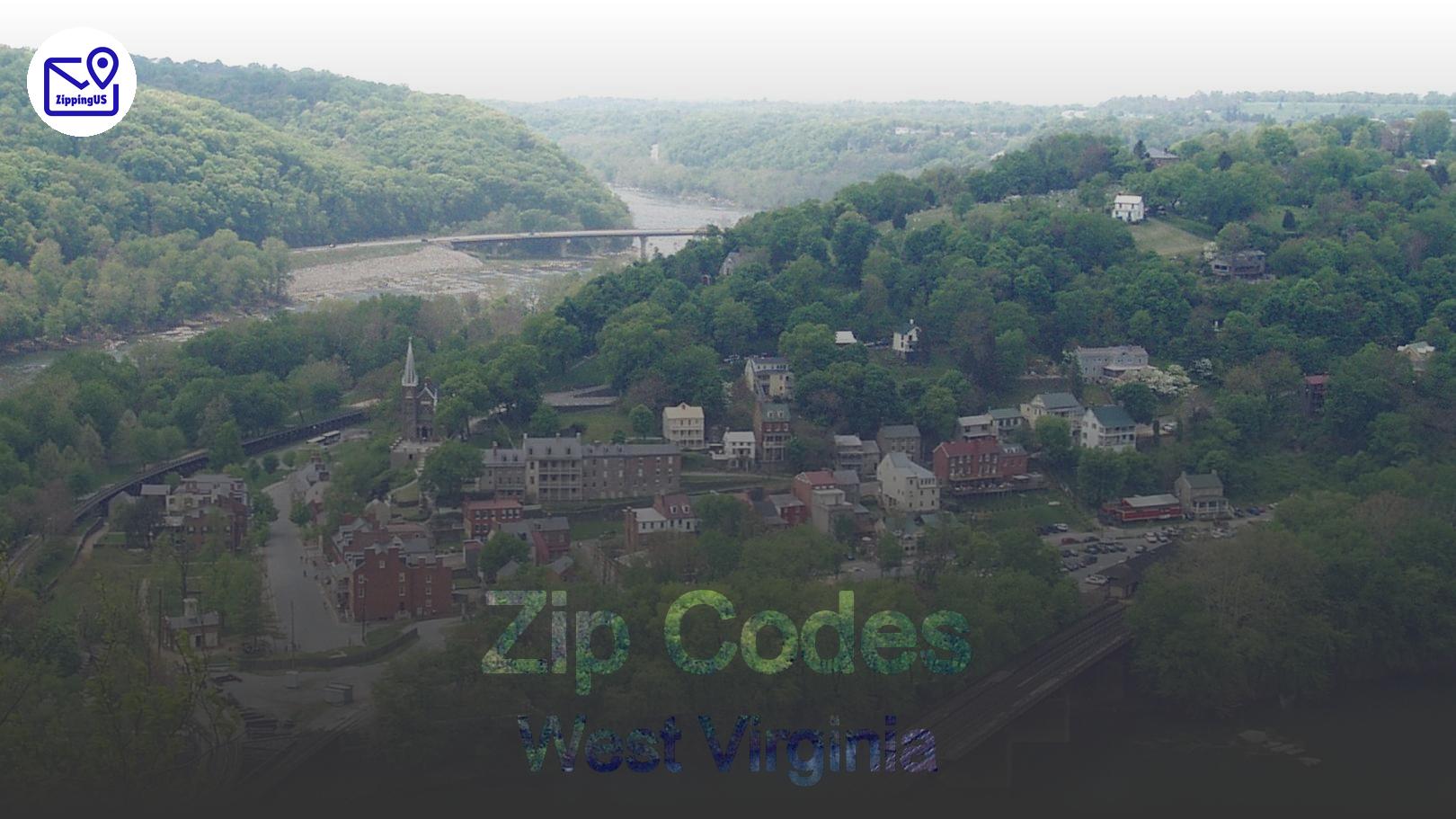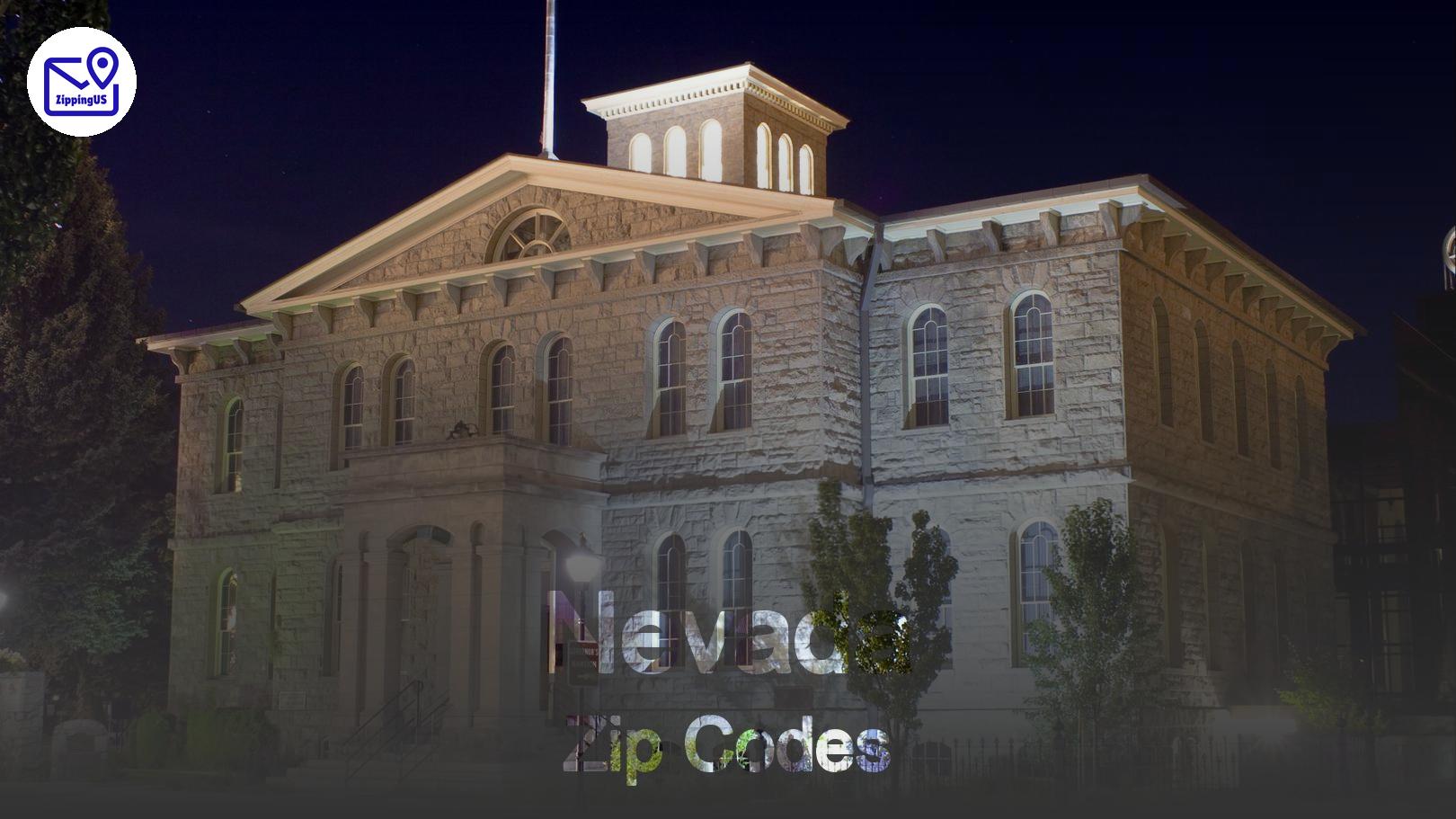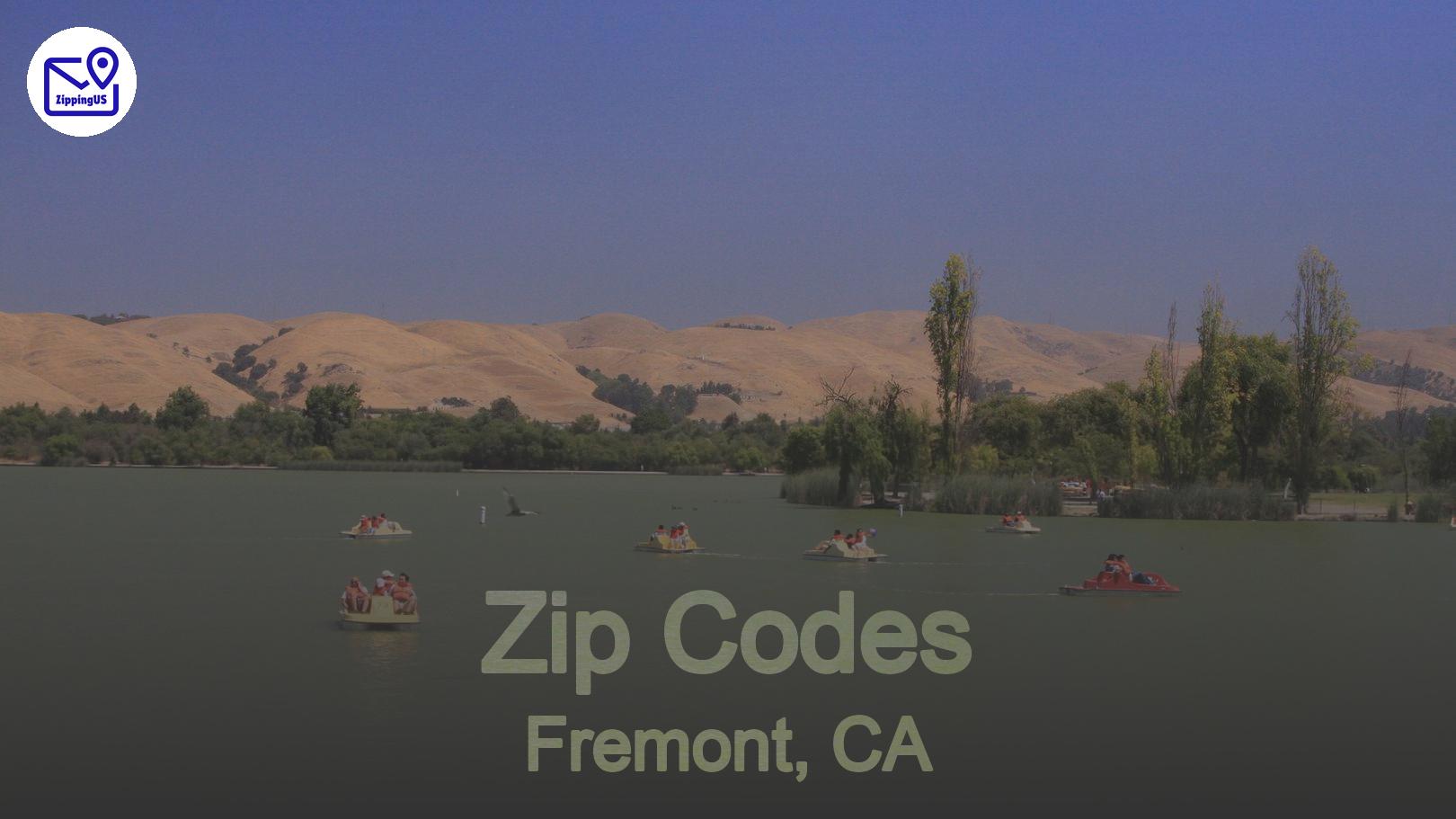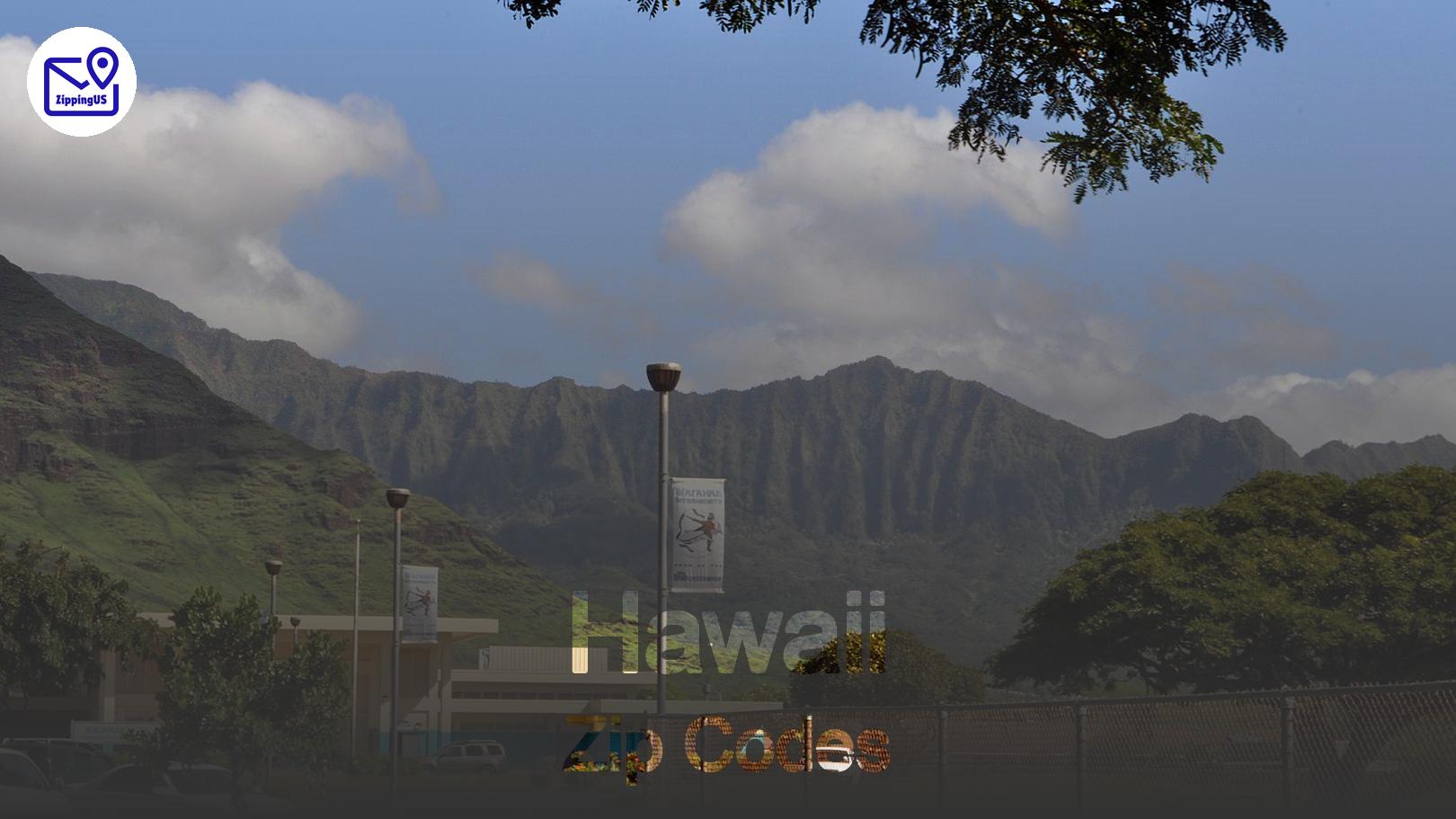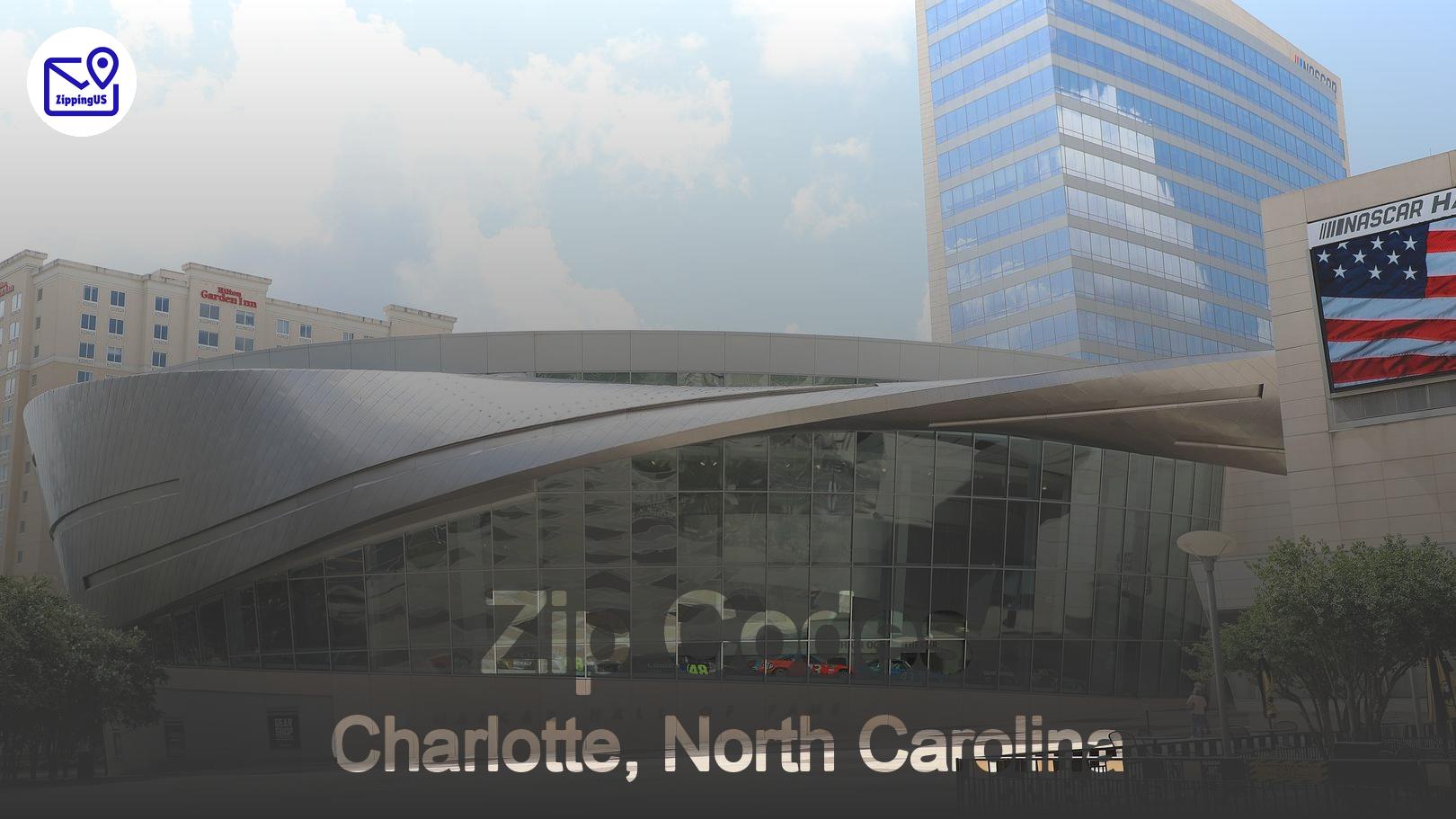
If you’re moving to Charlotte, North Carolina, or just curious about its neighborhoods, one of the first things you’ll want to know is how the city is divided by zip codes. Zip codes might seem like just numbers, but they actually tell a story about each area, its lifestyle, and what you can expect when you live or visit there. Charlotte has a wide range of neighborhoods, each with its own unique feel, and these are often defined by their zip codes.
What is a Zip Code and Why Does it Matter?
A zip code is a system of postal codes used by the United States Postal Service (USPS) to make mail delivery easier and more efficient. But here in Charlotte, a zip code is much more than that—it helps define neighborhoods, guides real estate decisions, and even affects your everyday experiences like school zones and local businesses.
Now, let’s dive into the world of Charlotte zip codes, breaking them down by areas, and figuring out what makes each one special.
Major Zip Codes in Charlotte, NC
Charlotte is a large city, so its zip codes cover a wide geographical area. Here are the primary Charlotte zip codes and a little bit about each one:
1. Uptown/Downtown Charlotte – 28202
Uptown, or what some cities might call "downtown," is the heart of Charlotte. Here, you’ll find towering skyscrapers, bustling businesses, and a thriving arts and sports scene. Zip code 28202 covers areas like:
- Bank of America Stadium, home to the Carolina Panthers.
- Spectrum Center, where the Charlotte Hornets play.
- The city's financial district with banks and corporate headquarters.
Living in 28202 means you're close to nightlife, high-rise living, and some of the best restaurants Charlotte has to offer. It’s perfect for young professionals or anyone who loves the urban vibe.
2. South End – 28203
The South End is trendy, young, and vibrant. This is where you’ll find brewpubs, street art, and the light rail running through it all. Zip code 28203 is popular among those looking for apartment living, especially with the growth of modern housing developments.
If you live here, you can hop on the light rail to get downtown quickly or bike around the many paths. The vibe is relaxed yet energetic, with plenty of cafes, vintage shops, and fitness studios. South End has exploded in popularity over the last decade, drawing in both young professionals and creative minds.
3. Myers Park and Dilworth – 28207, 28209
Myers Park is one of the oldest and most prestigious neighborhoods in Charlotte. When you think of Myers Park, think of tree-lined streets, historic homes, and a peaceful residential atmosphere. The architecture is stunning, with homes that date back nearly a century. If you prefer older homes with character, this might be the spot for you.
- Zip Code 28207 is the heart of Myers Park.
- Zip Code 28209 covers Dilworth, another historic neighborhood with a more laid-back feel but similar charm.
Both areas are also close to Freedom Park, one of the largest green spaces in the city, which makes them great for families.
4. Ballantyne – 28277
Located in the southern part of Charlotte, Ballantyne is one of the fastest-growing areas. Zip code 28277 covers this master-planned community known for its luxury homes, golf courses, and upscale shopping centers. Living in Ballantyne often means having access to top-rated schools and newer developments, making it attractive for families and professionals alike.
Ballantyne is a bit farther from the city center, but with the area's growth, residents don’t feel the need to commute often. It has become a self-sufficient suburb with everything you need, from shopping to dining to great outdoor spaces.
5. University City – 28262, 28213
Heading northeast, University City is home to the University of North Carolina at Charlotte (UNCC) and its sprawling campus. Zip codes 28262 and 28213 cover this area, which is known for being more affordable and student-friendly.
The university drives a lot of the area’s economy, with plenty of apartment complexes, retail centers, and dining spots catering to students. It’s also a great place for families looking for more affordable housing in Charlotte.
6. East Charlotte – 28212, 28205
East Charlotte is one of the city’s most diverse areas. Here, you’ll find a mix of older homes, international restaurants, and affordable housing options. Plaza Midwood, located within zip code 28205, has transformed into a hipster haven, known for its quirky boutiques, street murals, and eclectic restaurants.
In zip code 28212, the homes are more affordable, making it a great place for first-time homebuyers or anyone looking for more space without breaking the bank. It’s also close to Independence Boulevard, which makes for easy commuting to other parts of the city.
7. North Charlotte & Huntersville – 28078
Though Huntersville is technically outside of Charlotte’s city limits, it’s a major suburban hub, and zip code 28078 ties closely to northern Charlotte’s growth. The area is known for its family-friendly communities, great schools, and easy access to Lake Norman.
Huntersville combines suburban charm with proximity to outdoor adventures. If you enjoy boating, fishing, or just relaxing by the lake, living in or near this zip code will make sure you're never too far from water.
Table: Quick Look at Charlotte's Zip Codes and Neighborhoods
| Zip Code | Neighborhood/Area | Notable Features |
|---|---|---|
| 28202 | Uptown | Sports, financial district, high-rise living |
| 28203 | South End | Trendy, young, nightlife, light rail |
| 28207 | Myers Park | Historic homes, tree-lined streets, upscale living |
| 28209 | Dilworth | Historic charm, close to parks, family-friendly |
| 28277 | Ballantyne | Luxury homes, golf courses, suburban growth |
| 28262 | University City | Student housing, affordable, near UNCC |
| 28205 | Plaza Midwood | Hipster vibe, artsy, eclectic |
| 28212 | East Charlotte | Affordable housing, diverse community |
| 28078 | Huntersville (North CLT) | Suburban, close to Lake Norman, family-friendly |
How Zip Codes Affect Daily Life in Charlotte
Now that you’ve got a sense of the major areas, let’s talk about how zip codes actually affect your day-to-day life in Charlotte.
1. Real Estate Prices
One of the biggest factors in choosing where to live is the cost. Uptown (28202) is more expensive because of its prime location, while areas like East Charlotte (28212) are more affordable. Your zip code can determine whether you're looking at older homes, newer developments, or luxury apartments.
2. Schools
If you have kids or plan to, the quality of schools might be a big deal. Neighborhoods in zip codes like 28277 (Ballantyne) are known for their highly-rated schools, while more urban areas like 28205 (Plaza Midwood) are close to charter schools or private options.
3. Commuting
Your zip code also impacts your commute time. Living in 28203 (South End) means you're close to public transport options like the Lynx Blue Line. On the other hand, living in a suburb like 28078 (Huntersville) might mean a longer commute, but you’ll have easier access to freeways and less traffic compared to central Charlotte.
4. Entertainment & Dining
Different zip codes give you access to different types of entertainment and dining. Uptown (28202) is home to high-end restaurants, sports arenas, and theatres. But if you prefer a more laid-back, quirky vibe, areas like 28205 (Plaza Midwood) are known for their food trucks, vintage bars, and live music venues.
Frequently Asked Questions About Charlotte Zip Codes
What is the richest zip code in Charlotte, NC?
28207 (Myers Park) is widely considered one of the wealthiest areas in Charlotte. It’s known for its historic mansions, large lots, and prestigious homes.
Which Charlotte zip code is best for families?
28277 (Ballantyne) is one of the top choices for families. It offers excellent schools, family-friendly parks, and a suburban lifestyle.
What is the most affordable area in Charlotte?
28212 (East Charlotte) tends to have some of the most affordable housing in the city, especially for first-time buyers or those looking for more space on a budget.
What is the trendiest neighborhood in Charlotte?
28203 (South End) is the trendiest spot in town, with its cool cafes, local breweries, and access to public transit.
How do zip codes affect real estate taxes in Charlotte?
Property taxes in Charlotte are generally based on the county tax rate rather than the zip code, but more expensive areas like 28277 (Ballantyne) or 28202 (Uptown) often have higher property values, meaning higher overall taxes.
Final Thoughts
Whether you’re looking to move, invest, or just explore Charlotte, the city's zip codes are a handy way to break down its neighborhoods and understand what each one offers. From the bustling energy of Uptown (28202) to the peaceful suburban streets of Ballantyne (28277), there’s something for everyone in Charlotte’s diverse zip codes. Wherever you end up, one thing's for sure—you’ll find plenty of Southern hospitality!

